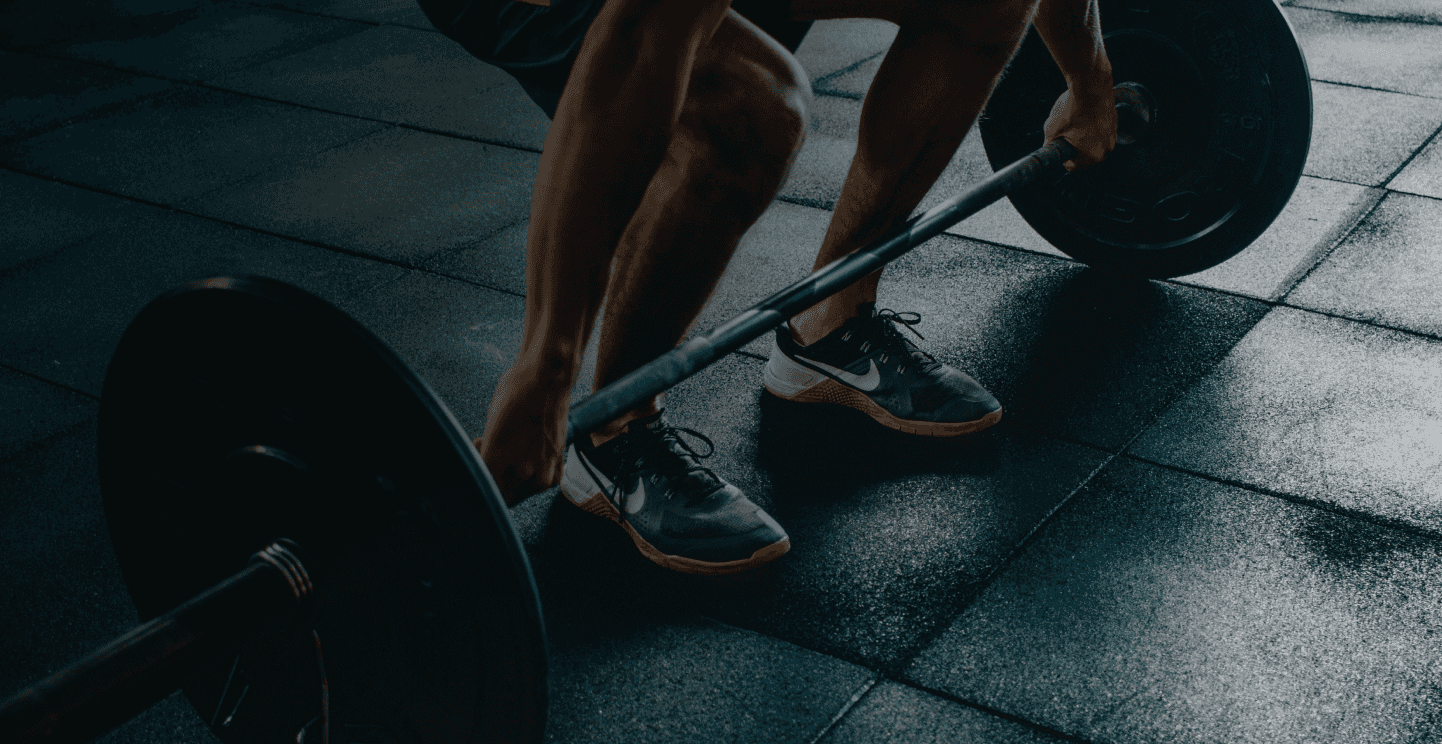Top 5 most commonly asked questions about rubber flooring?

Get answers to the top 5 most frequently asked questions about rubber flooring, including benefits, installation, maintenance, and more. Discover the best options for your flooring needs.
What are the top 5 most commonly asked questions about rubber flooring?
- What are the benefits of rubber flooring?
- What are the different types of rubber flooring?
- Is rubber flooring durable and long-lasting?
- How do you clean and maintain rubber flooring?
- Can rubber flooring be used in outdoor areas?
What are the benefits of rubber flooring?
There are several benefits of rubber flooring, including:
- Durability and longevity: Rubber flooring is highly resistant to wear and tear, making it a long-lasting option for high-traffic areas.
- Slip resistance: Rubber flooring provides excellent traction and slip resistance, making it a safe choice for areas where spills and moisture are common.
- Comfort: Rubber flooring is soft and cushioned, providing a comfortable surface to stand or walk on for long periods of time.
- Easy maintenance: Rubber flooring is easy to clean and maintain, as it is resistant to staining and does not require any special cleaning products.
- Environmentally friendly: Many types of rubber flooring are made from recycled materials, making it an environmentally responsible choice.
- Versatility: Rubber flooring can be used in a variety of settings, including homes, commercial buildings, gyms, and more.
What are the different types of rubber flooring?
There are several types of rubber flooring, including:
- Rolled rubber flooring: A flexible and versatile type of rubber flooring that is available in large rolls and can be cut to size.
- Interlocking rubber tiles: Square or rectangular tiles that snap together to form a seamless flooring surface.
- Rubber mats: A type of flooring that is commonly used in entryways, kitchens, and other high-traffic areas where moisture is present.
- Rubber stair treads: A type of flooring that provides slip resistance and cushioning for steps.
- Rubber sheet flooring: A solid sheet of rubber that can be cut to size and is commonly used in commercial settings, such as gyms and locker rooms.
- Rubber pavers: A type of flooring that is similar to interlocking rubber tiles, but is thicker and more durable. They are commonly used in outdoor areas, such as patios and walkways.
Is rubber flooring durable and long-lasting?
Yes, rubber flooring is generally considered to be a durable and long-lasting flooring option. Rubber is a naturally resilient material that is resistant to wear and tear, making it a good choice for high-traffic areas. Additionally, rubber flooring is often treated with protective coatings to further enhance its durability and resistance to stains and scratches. When properly installed and maintained, rubber flooring can last for many years, providing an attractive and functional surface for your space. However, the longevity of rubber flooring can vary depending on the type of rubber used, the quality of the installation, and the level of maintenance and care it receives.
How do you clean and maintain rubber flooring?
Cleaning and maintaining rubber flooring is generally quite simple and straightforward:
- Dust and sweep regularly: Regular sweeping can help to remove dirt, debris, and dust that can scratch or dull the surface of the rubber flooring.
- Use a damp mop: For a more thorough cleaning, use a damp mop and a pH-neutral cleaner specifically designed for rubber flooring. Avoid using excessive water, as this can damage the rubber.
- Remove spills promptly: Clean up any spills immediately to prevent staining or discoloration.
- Avoid using harsh chemicals: Avoid using harsh chemicals, such as solvents or abrasive cleaners, as these can damage the rubber and affect its appearance.
- Use protectors: Place mats or rugs under furniture legs to prevent scratches or dents from being made on the rubber flooring.
By following these simple cleaning and maintenance tips, you can keep your rubber flooring looking its best for many years to come.
Can rubber flooring be used in outdoor areas?
Yes, rubber flooring can be used in outdoor areas. Outdoor rubber flooring is specifically designed to withstand the elements and is resistant to UV rays, moisture, and temperature fluctuations. This makes it a good choice for patios, decks, walkways, and other outdoor spaces. Outdoor rubber flooring can also provide a non-slip surface, making it a safe choice for areas that may become wet or slippery. Some types of outdoor rubber flooring are made from recycled materials, making it an environmentally responsible choice as well. It is important to choose a type of outdoor rubber flooring that is specifically designed for outdoor use, as some types of rubber flooring are intended for indoor use only and may not be able to withstand the elements.
